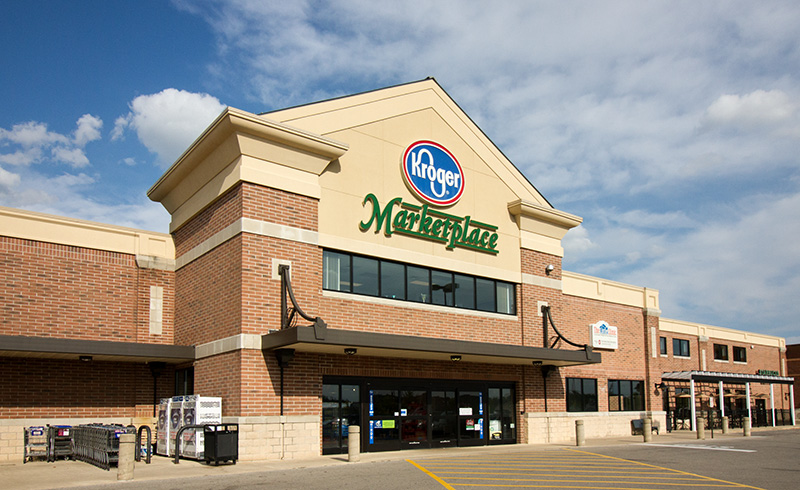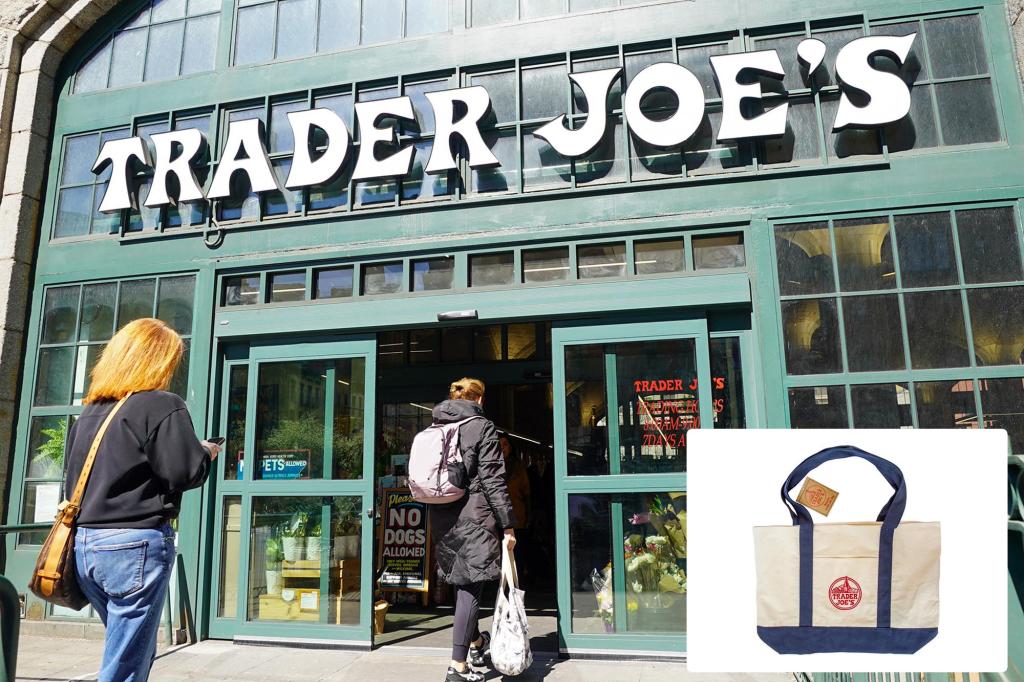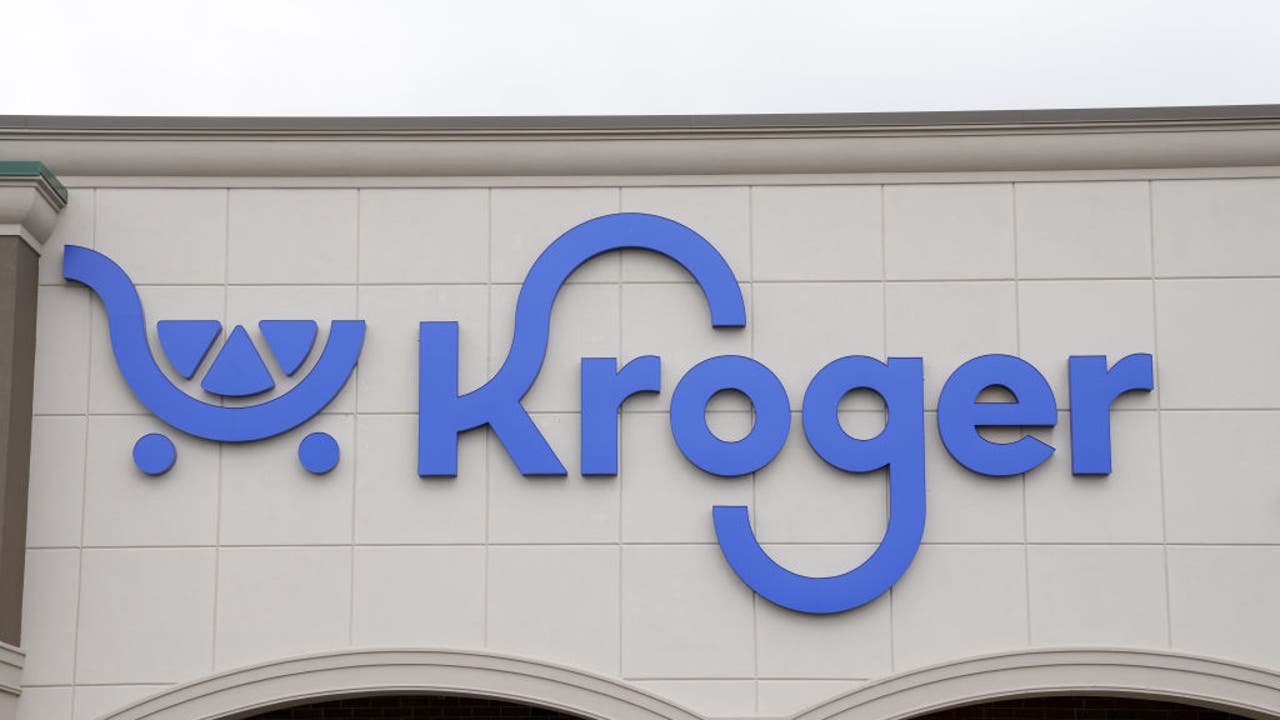Summary
One Million Moms urges a boycott of Kroger over its Pride Month support, accusing the grocer of pushing a woke agenda.
Source: Metro Weekly

AI News Q&A (Free Content)
Q1: What are the main reasons behind One Million Moms calling for a boycott of Kroger in 2023?
A1: One Million Moms, a division of the Christian fundamentalist organization American Family Association, has called for a boycott of Kroger due to its support for Pride Month. They accuse Kroger of promoting a 'woke agenda' by endorsing LGBTQ rights, which the organization opposes as part of its broader conservative stance against LGBTQ expression.
Q2: How does the American Family Association view LGBTQ rights, and what actions have they taken in the past?
A2: The American Family Association (AFA) opposes LGBTQ rights and has been active in campaigns against LGBTQ expression. They have been involved in various activism efforts, including boycotts and lobbying, and have been listed as an anti-LGBTQ hate group by the Southern Poverty Law Center since 2010 due to their propagation of falsehoods and use of demonizing propaganda against LGBTQ individuals.
Q3: What recent advancements have been made in retail grocery technology according to scholarly research?
A3: Recent advancements in retail grocery technology include the development of vision-based automatic grocery tracking systems for smart homes. These systems aim to automate grocery ordering by integrating object detection with supply chain management and user preferences. This innovation is still in the experimental phase, focusing on improving household efficiency by predicting and fulfilling residents' needs.
Q4: How is synthetic data being used in retail AI systems for pricing and promotions?
A4: Synthetic data is being used to simulate customer shopping behavior in retail AI systems. This data helps in evaluating pricing, promotions, and product recommendations by creating realistic shopping transactions. The RetailSynth model, calibrated on public grocery data, assesses the impact of various pricing policies on revenue and customer retention, providing a platform for validating causal demand models.
Q5: What was the impact of the COVID-19 pandemic on online grocery purchasing according to recent studies?
A5: Studies indicate that online grocery purchasing saw a significant increase during the first year of the COVID-19 pandemic. However, this surge did not have a lasting impact, as purchasing behaviors by 2022 reverted to pre-pandemic trends. The research also highlights demographic variations in purchasing responses and substitution effects between online and offline retail, especially in sectors heavily invested in by Amazon.
Q6: What is the randomized robust price optimization problem in the context of grocery retail?
A6: The randomized robust price optimization problem involves determining product prices to maximize worst-case revenue under uncertain demand conditions. Unlike deterministic pricing, this approach uses a distribution of potential price vectors to enhance revenue outcomes. Research shows that using randomized pricing strategies can significantly improve worst-case revenue, as demonstrated in grocery retail datasets.
Q7: What are the implications of digital transformation in the grocery industry based on recent scholarly findings?
A7: The digital transformation in the grocery industry is being driven by the need for high-quality data to support value creation throughout the consumer decision process. This transformation is facilitated by technologies like neural networks and probabilistic ranking systems, which help in classifying retail products and analyzing consumer behavior, thereby enhancing digital market penetration.
References:
- American Family Association - https://en.wikipedia.org/wiki/American_Family_Association
- Randomized Robust Price Optimization - https://arxiv.org/abs/2302.06789
- RetailSynth: Synthetic Data Generation for Retail AI Systems Evaluation - https://arxiv.org/abs/2312.11234
- Vision-Based Automatic Groceries Tracking System -- Smart Homes - https://arxiv.org/abs/2312.10678
- Evaluating Amazon Effects and the Limited Impact of COVID-19 - https://arxiv.org/abs/2501.00345




